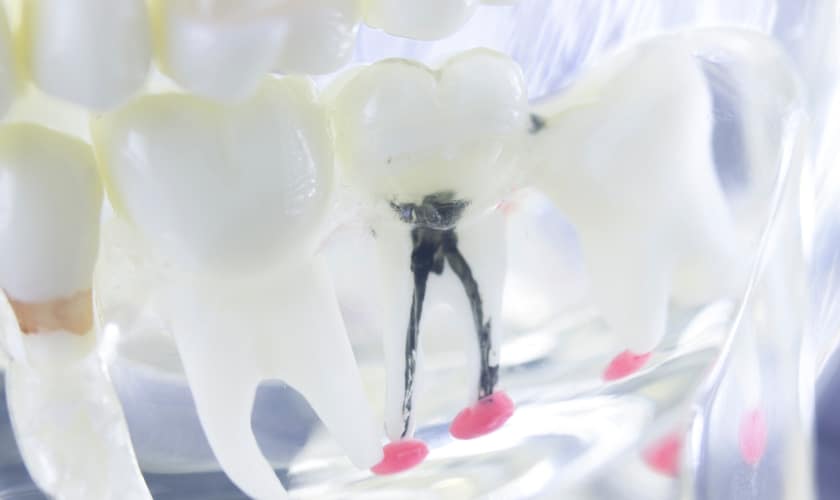What Are The Signs You May Need A Root Canal?
By :
Affordable Dentist | November 24, 2023
Your smile is a powerful expression of joy and confidence, but when dental discomfort strikes, it can quickly turn into a frown. One common dental procedure that often evokes anxiety is the root canal treatment. However, understanding the signs that may lead to this intervention can be a game-changer for maintaining your oral health. Root canal treatments in Fort Worth, TX, have come a long way, and advancements in dentistry have made the procedure more efficient and comfortable. In this guide, we will delve into the signs that suggest you may need a root canal, demystifying the process and helping you make informed decisions about your dental well-being.
The Anatomy of a Tooth
Before we explore the signs, let's take a brief journey into the anatomy of a tooth. The outer layer of your tooth is enamel, a robust protective shell. Beneath the enamel lies dentin, a softer tissue. Finally, at the core of the tooth, we find the pulp, housing nerves, blood vessels, and connective tissues. When the pulp becomes inflamed or infected, a root canal treatment becomes necessary to alleviate pain and save the tooth from further damage. Now, let's unveil the signs that signal it's time to consider this dental intervention.
Signs You May Need a Root Canal
Persistent Toothache
A persistent, throbbing toothache is often the first sign that something is amiss. If you experience continuous pain, especially when biting or applying pressure to the tooth, it may indicate an infection reaching the tooth's pulp. While temporary pain can result from various factors, prolonged discomfort demands professional attention.
Sensitivity to Hot and Cold
Sensitivity to hot or cold temperatures that lingers even after the stimuli are removed can be indicative of a dental issue. If sipping on a hot beverage or enjoying an ice cream cone triggers prolonged discomfort, it's crucial to consult your dentist. This sensitivity may suggest that the nerves inside the tooth are compromised.
Swollen Gums
Swollen and tender gums around a specific tooth may signal an infection. As the infection progresses, you might notice a pimple-like bump, known as a dental abscess, on the gums. This can be accompanied by pus drainage, indicating the presence of bacteria that requires prompt intervention.
Discoloration of the Tooth
A change in the color of a tooth can be a red flag. If you notice a darkening or graying of a tooth, it may indicate damage or infection within. The discoloration is often a result of the breakdown of internal tissues and the bleeding of the pulp.
Prolonged Pain After Dental Procedures
While some discomfort after dental procedures is normal, lingering pain that extends beyond the expected healing period might suggest an underlying issue. If you find yourself enduring persistent pain weeks after a filling or other dental work, it's advisable to consult your dentist for further evaluation.
Cracked or Chipped Teeth
A cracked or chipped tooth not only affects the aesthetics of your smile but can also compromise the tooth's integrity. If left untreated, bacteria can penetrate the inner layers of the tooth, leading to infection and necessitating a root canal.
Root canal treatments, once a source of anxiety for many, have evolved into routine and effective procedures that can save a compromised tooth. Recognizing the signs early on is key to preventing further complications and maintaining optimal oral health. If you've noticed any of the signs discussed in this guide, don't hesitate to reach out to your dentist. Timely intervention can make the difference between saving a tooth and facing more extensive dental procedures in the future.


